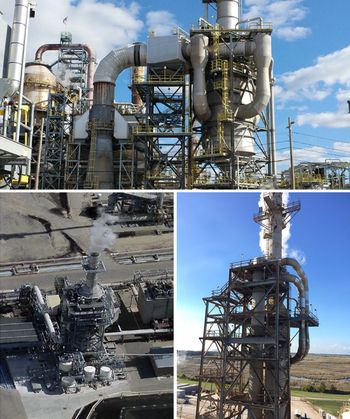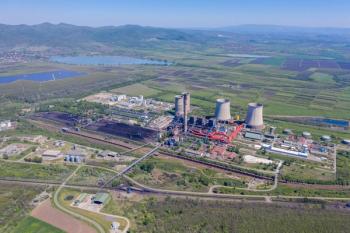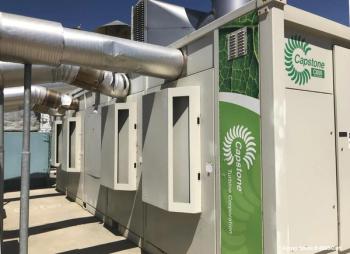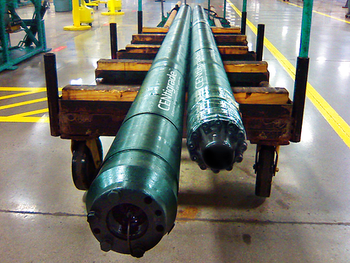
Post-shipment planning boosts plant life
The safety and reliability of properly specified, designed and tested critical machinery over the
30+ year plant life is directly related to the execution of the post-shipment phase activities.
Unfortunately, it is common practice that the required procedures, materials and spare part storage facilities are not sufficiently prepared in advance, which results in reducing the safety and reliability of the plant for its entire life.
To ensure optimum safety and reliability for the plant life cycle, review and finalize machinery installation details well in advance of site construction activities. The relevant areas to concentrate on are as follows:
- Prepare, review and approve all site installation procedures.
- Confirm spare part orders, delivery dates, storage facilities and preservation compounds.
- Review and approve all machinery instruction manuals prior to shipment, and require manuals to be shipped at the same time as the machinery.
- Review the special tool list during the engineering phase and require their shipment at the same time as the machinery.
- Establish a 'material receipt' procedure to confirm that all required material has been received on or before the promised date.
Confirm that there is full coordination between the engineering/procurement (EP) and construction (C) groups to ensure the above best practice guidelines are executed well before the construction phase.
Critical machinery safety and reliability is not ensured only by proper specification, design and testing but depends on effective planning, management and implementation during the project construction phase.
The following examples show how the reliability of properly specified, designed and tested machinery was challenged by inadequate construction phase execution:
- Presentation procedures not prepared in advance, general in nature and not implemented
- Instruction manuals not on site required and when received, not complete
- Spare parts not on site when required, resulting in start-up delays
- Special tools missing and not available resulting in start-up delays
This best practice has been used since the mid-1980s large petrochemical projects, and requires that all machinery construction details be addressed during the engineering phase of the project. This best practice has resulted in smooth, timely start-ups for large machinery, and critical machinery reliabilities of maximum safety and reliability (greater than 99.7%).
Newsletter
Power your knowledge with the latest in turbine technology, engineering advances, and energy solutions—subscribe to Turbomachinery International today.




